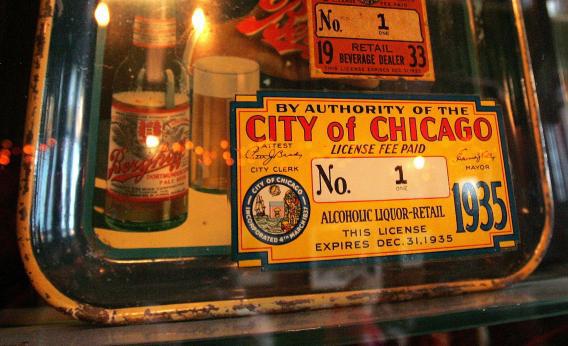I posted recently about how liquor license moratoria kill urban economies, spurred by the emergence of a group calling for the imposition of one in my new neighborhood. So I was encouraged to learn of the launch of In My Backyard DC, a group counter-organizing petitioners for a pro-growth perspective.
The emergence of “YIMBY” organizations in American cities would be a welcome counterpoint to the prevailing tides of NIMBYism that often dominate local government. But it is worth saying that broader institutional reforms are what’s really needed. That’s because, as bad as it is if a handful of neighborhood busybodies can misrepresent neighborhood sentiment, even fully accurate recounting of neighborhood sentiment can lead to bad outcomes.
To stick with the bar example, adding another bar to the city has largely citywide benefits. The new bar creates tax revenue and opportunities for both consumption and employment that are available citywide. It also has an essentially local nuisance cost. You could easily imagine a situation in which letting one more bar open in each neighborhood of the city creates huge citywide benefits that easily swamp the local nuisance costs. If asked to choose between letting all those bars open and letting zero bars open, citywide opinion clearly favors more bars and more jobs. But if instead the question is asked about the one bar in your neighborhood, then it might be rational to veto that particular bar. That way you totally eliminate the local nuisance cost but still secure the vast majority of the citywide gains. The problem is, this same analysis applies in every neighborhood, so the bars are vetoed everywhere.
Both decision procedures reflect people’s authentic views and they’re both democratic outcomes, but citywide welfare is much higher when the decision is made at a citywide level. And that’s the big issue. Making sure you hear from normal people as well as cranks is important, but the systematic problem is that many cities overweight very local interests relative to larger ones when making planning decisions.
